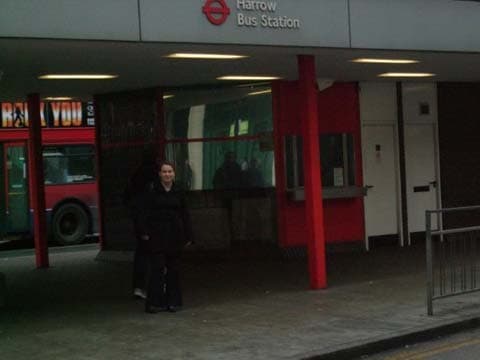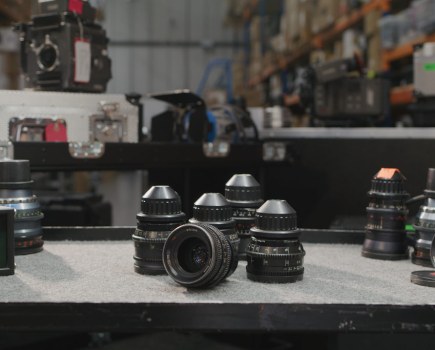A prospective parliamentary candidate has hit out at police, claiming that one of her colleagues was quizzed by PCSOs for taking a snap of her outside Harrow bus station.
Dr Rachel Joyce, Conservative parliamentary candidate for Harrow West, said that the photograph of the bus station (pictured) was meant to form part of a campaign to strike a ?fair deal? for local commuters.
The photograph, captured by her colleague Simon Williams, caught the attention of two police community support officers (PCSOs) who stopped them under the Terrorism Act 2000, said Dr Joyce.
She told us that for police to consider Harrow bus station a terrorist target was ?unbelievable?.
In her online blog Dr Joyce wrote: ?Not only is this a complete waste of police time ? we were clearly not terrorists ? the photo was of a person out and about??
Dr Joyce wrote to London’s Evening Standard newspaper about the matter and the letter was published earlier this week.
She told us it was the second time in 18 months that one of her colleagues had been stopped under anti-terrorism legislation while taking photos.
In September 2007 she wrote in her blog: ?Walking through Harrow town centre? we noticed a thick layer of pigeon droppings on some of the public seats. As this could be a health hazard, we took a photo of it to highlight to the authorities and we got stopped and questioned by PCSOs under the Terrorism Act – for taking photos in a public place!?
The news comes just weeks after police in Cleveland told us that officers will not hesitate to use anti-terrorism powers to quiz photographers seen taking pictures in many public areas, even though they admit most will have done nothing wrong.
It was a clear warning that photography in public will continue to present a legitimate target for police in 2009.
Photographers? concerns have been heightened even further by the imminent introduction of the Terrorism Act 2008, which is a revision of the Terrorism Act 2000.
Amateur Photographer is investigating the implications of the Act, which contains a potentially controversial element relating to photographs of police constables.
However, the 2000 Act already makes it an offence to ‘collect or make a record of information of a kind likely to be useful to a person committing or preparing an act of terrorism’.
The Home Office today stressed that the new Act will not change the Section 44 Stop and Search rule which gives police the right to stop a member of the public without grounds for suspicion.
Picture credit: Simon Williams








